Animal Behavior Research blog posts
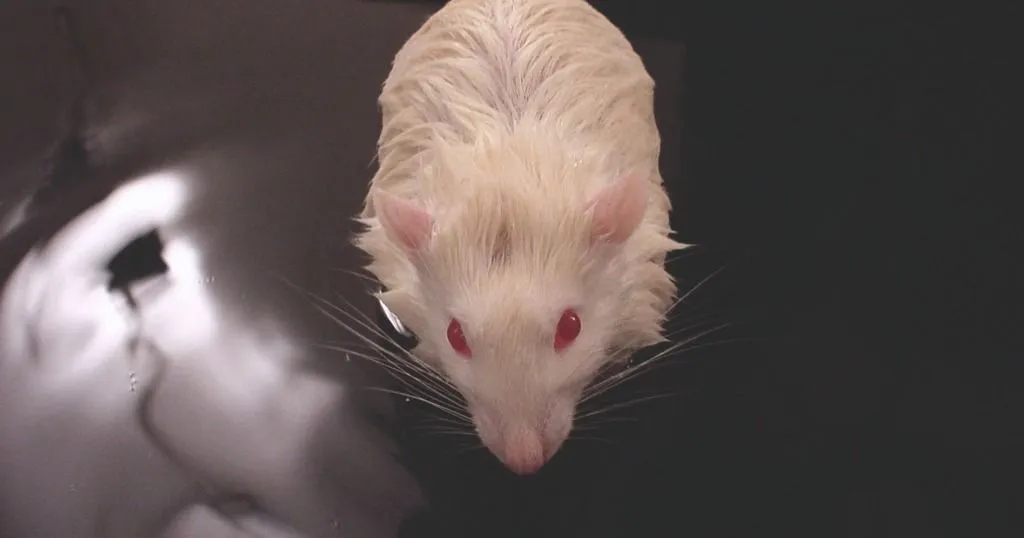
08 Apr
animal behavior research
Alzheimer’s and Parkinson’s
Diazepam in the battle against Alzheimer’s
Scientists have found out that a low dose of the tranquilizer diazepam reduces the breakdown of neurons, seen in the development of Alzheimer’s disease.
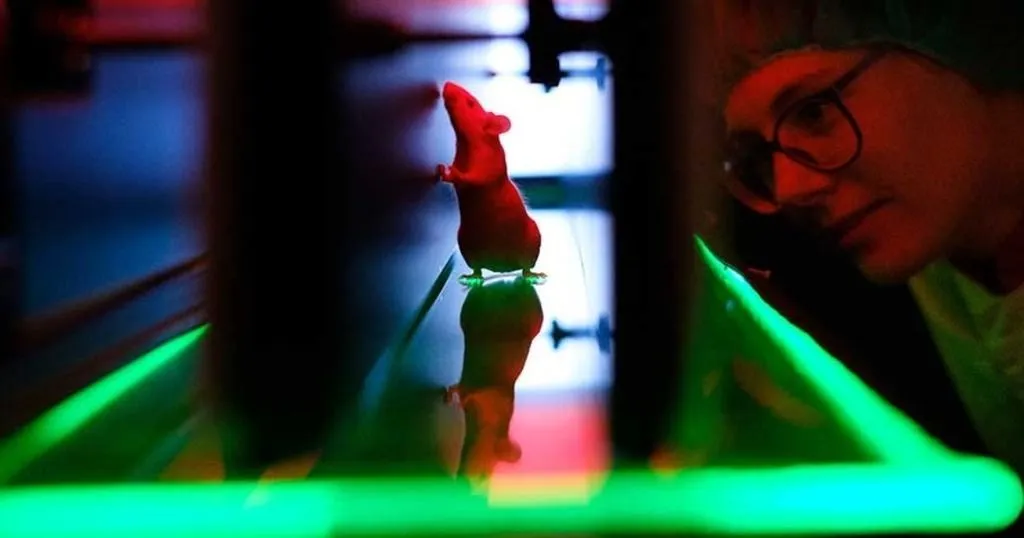
04 Apr
animal behavior research
Gait and Locomotion
Assessing gait in a mouse model for Leigh Syndrome
There is an unmet medical need to develop clinical effective treatments for Leigh Syndrome and other mitochondrial diseases. Today, Dr. de Haas shares some of her research insights.
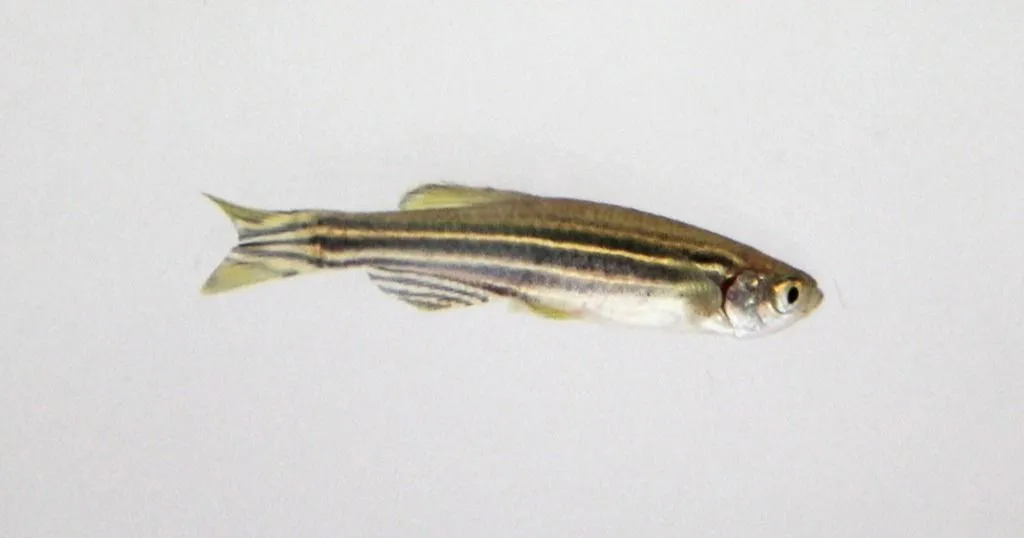
20 Mar
animal behavior research
Zebrafish Research
Zebrafish help us to understand neurodegenerative and neuromuscular diseases
Teresa Capriello and colleagues use zebrafish to study the neuronal mechanisms of heavy metals in connection to neurodegenerative and neuromuscular diseases.
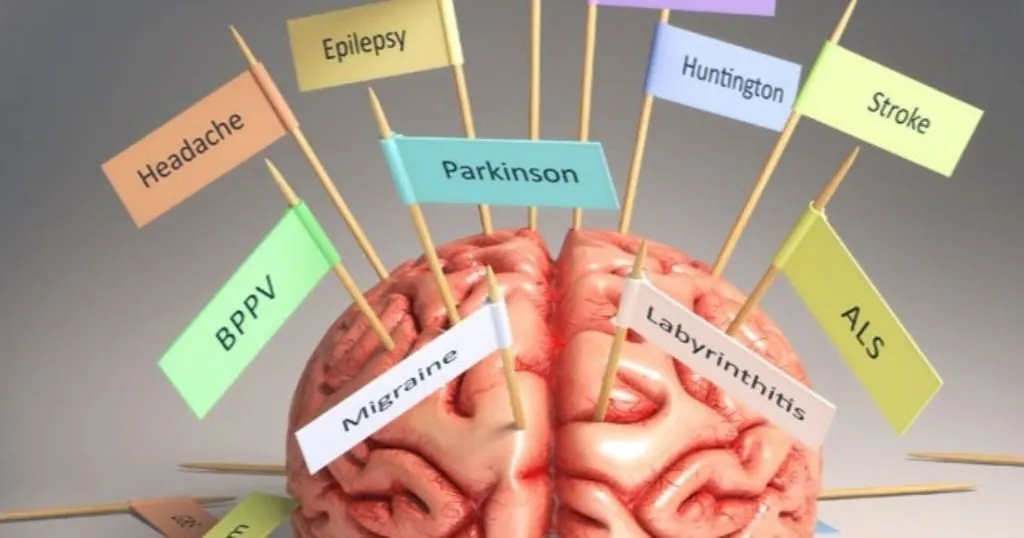
11 Mar
animal behavior research
Alzheimer’s and Parkinson’s
5 blog posts about brain research
During the annual Brain Awareness Week, international attention focuses on the brain to increase public awareness of the progress and benefits of brain research.
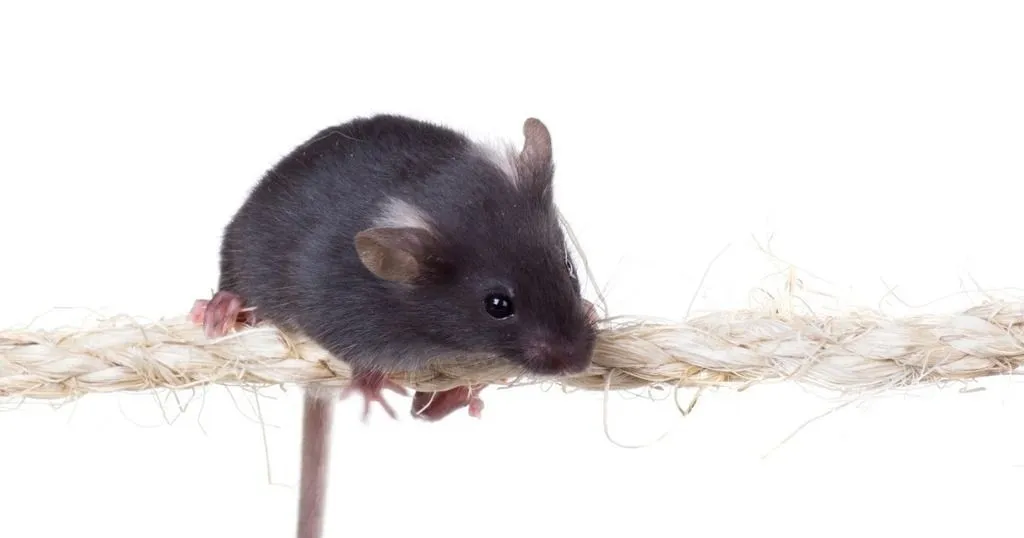
05 Mar
animal behavior research
Alzheimer’s and Parkinson’s
Parkinson's disease research - Relevant measures in pre-clinical studies
Parkinson’s disease: the neurodegenerative disorder that affects mobility in a life-changing way. Learn more about relevant measures in pre-clinical studies.
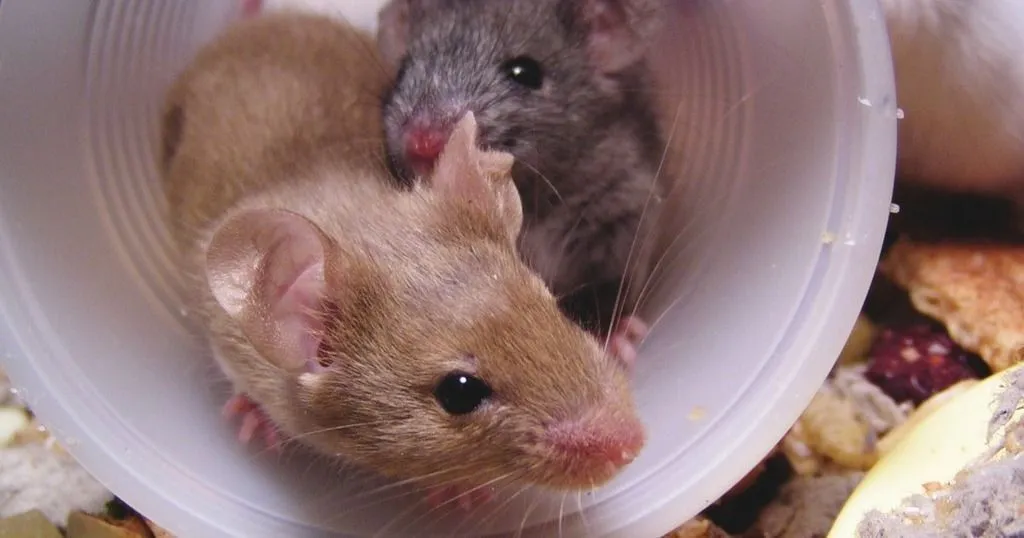
15 Feb
animal behavior research
Alzheimer’s and Parkinson’s
Alzheimer's research - From prevention research to natural treatment
Experts estimate that by 2050, 100 million people will have Alzheimer’s disease (AD), which is a shockingly large number. Learn more about the research that has been done in order to find a cure.
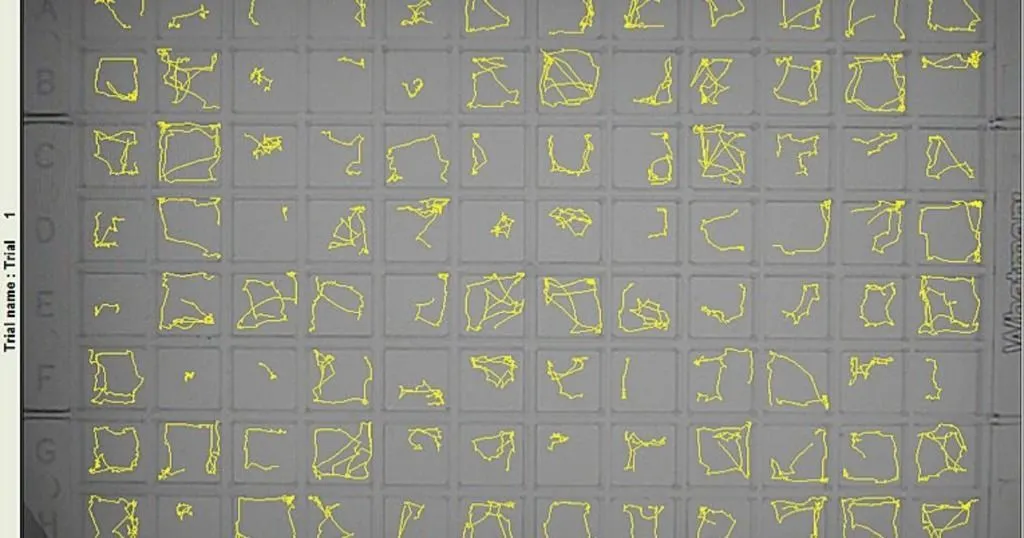
08 Feb
animal behavior research
Research Methods
The ultimate list of neuroscience lab software tools
Are you interested in starting a new lab, or perhaps in updating your current lab to its maximum potential? If so, this list of ultimate neuroscience software tools is the place to begin.

17 Dec
animal behavior research
Gait and Locomotion
Gait analysis at the PSDL using CatWalk
Our lab studies the Neuronal Ceroid Lipofuscinoses (NCLs) or Batten disease, which are a group of progressive and genetically inherited neurodegenerative diseases that affect children and young adults.
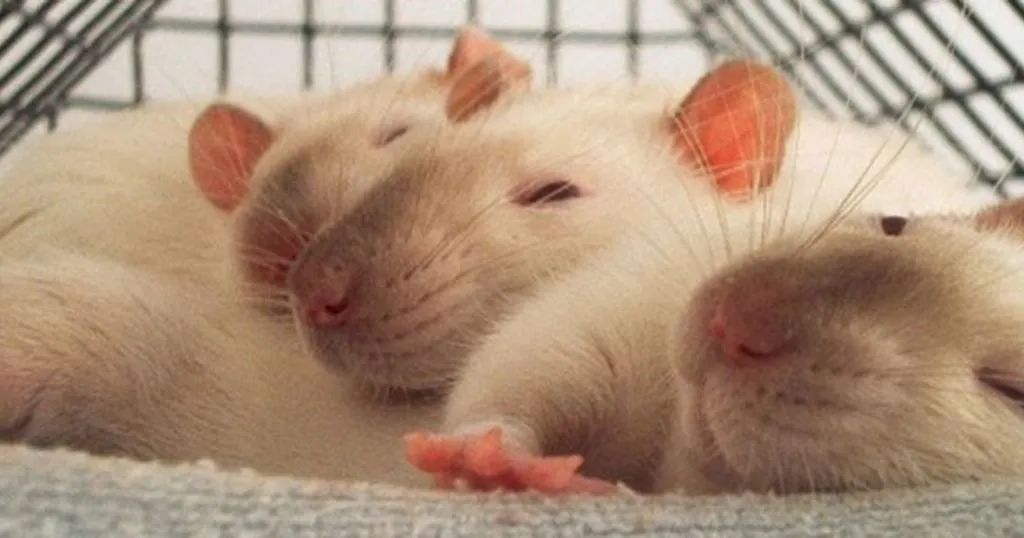
26 Nov
animal behavior research
Social Behavior
Into the lab: how to monitor rat social behavior
Including social behavior as part of a phenotypic screen has important benefits and eventually leads to better translational value of rodent models.
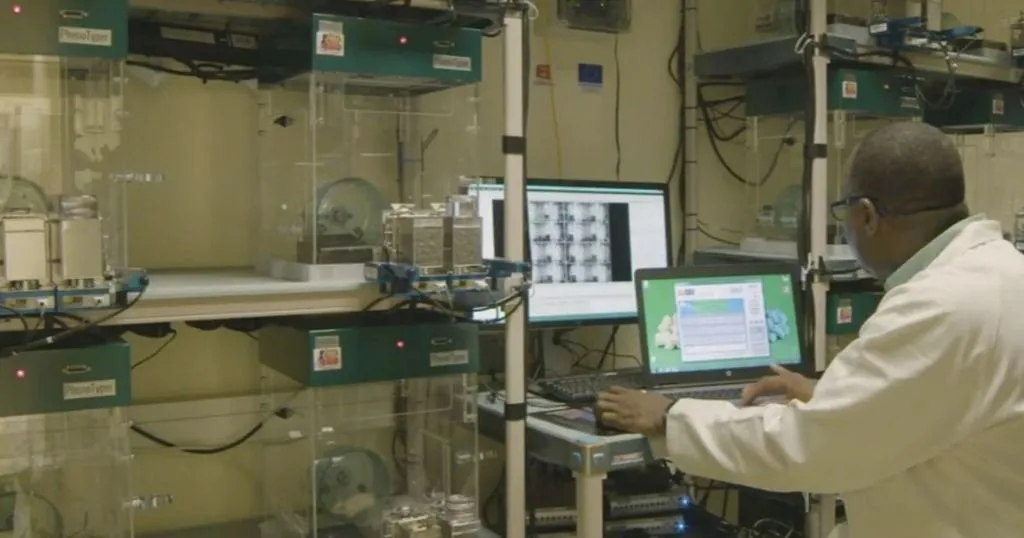
27 Jul
animal behavior research
Anxiety, Depression and Fear
How to characterize behavioral phenotypes in a behavioral analysis facility
Introducing the Behavioral Analysis Facility. Researchers evaluate the behavioral and functional activities of new pharmacological drugs using diverse functional tests. Learn more about their recent projects.